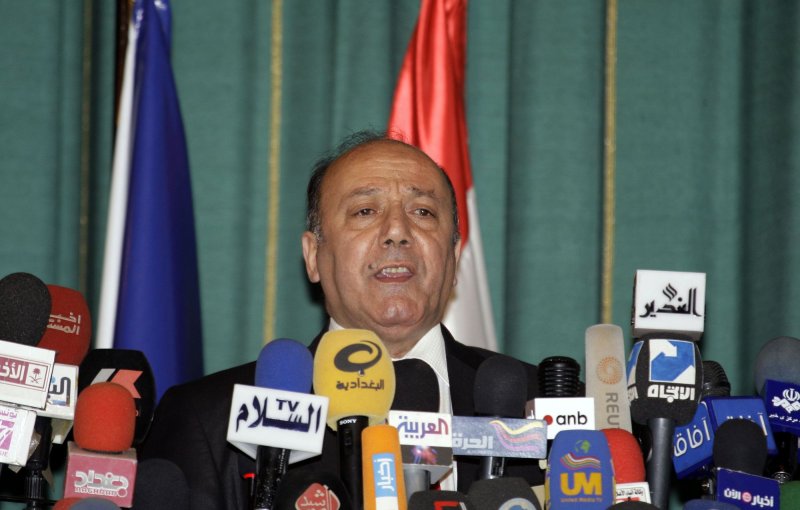BAGHDAD, Dec. 6 (UPI) -- Former Prime Minister Ayad Allawi has lost his fight to lead Iraq, but remains a key figure in the fragile situation there, local and foreign observers say.
U.S. officials have voiced fears that Sunnis and secular forces will not see a government that excludes him as legitimate.















